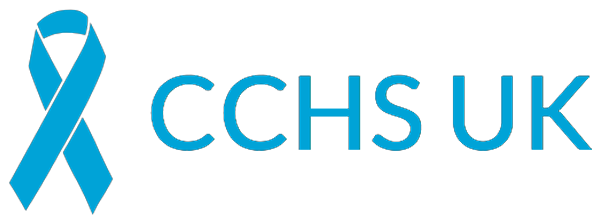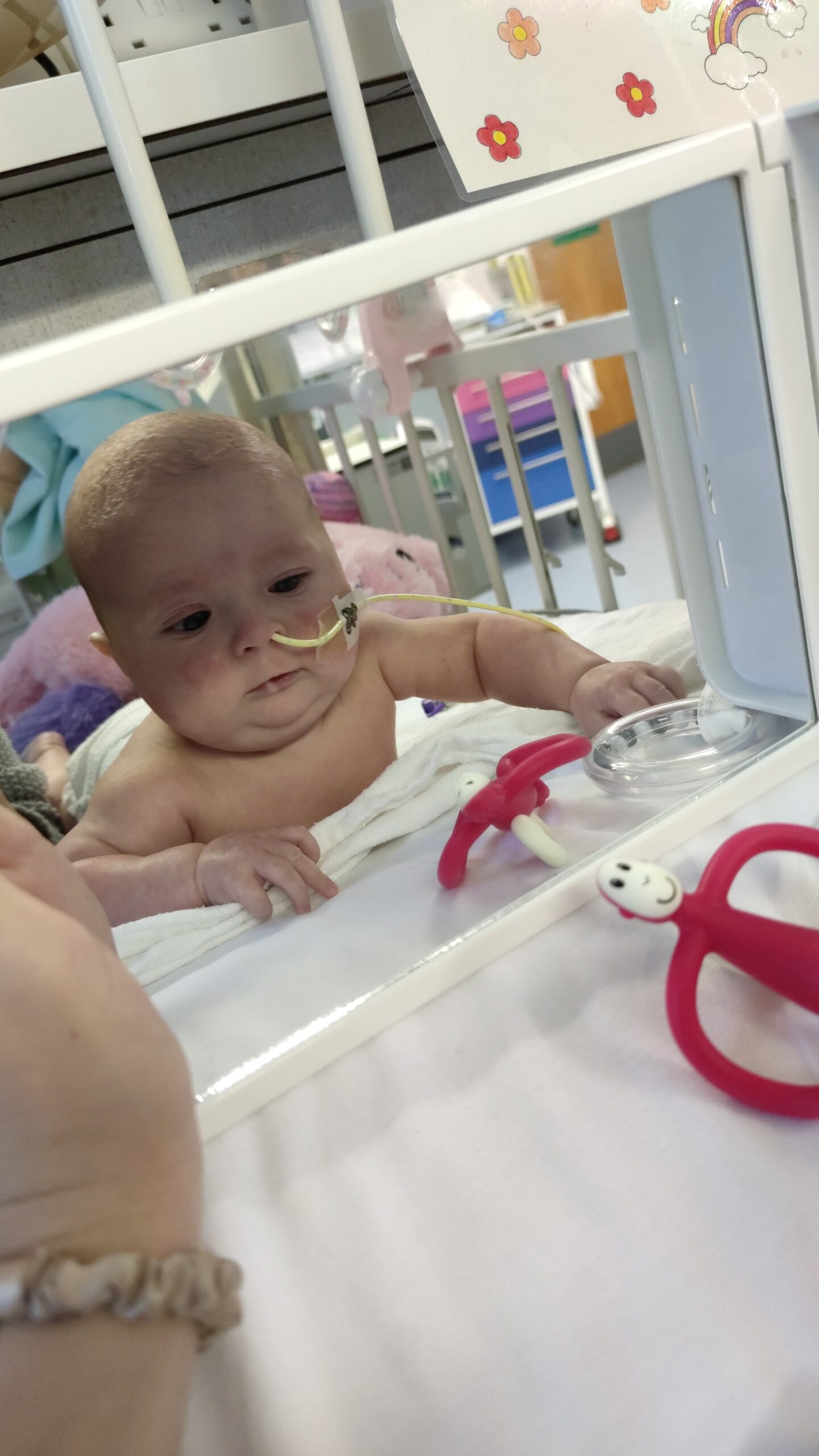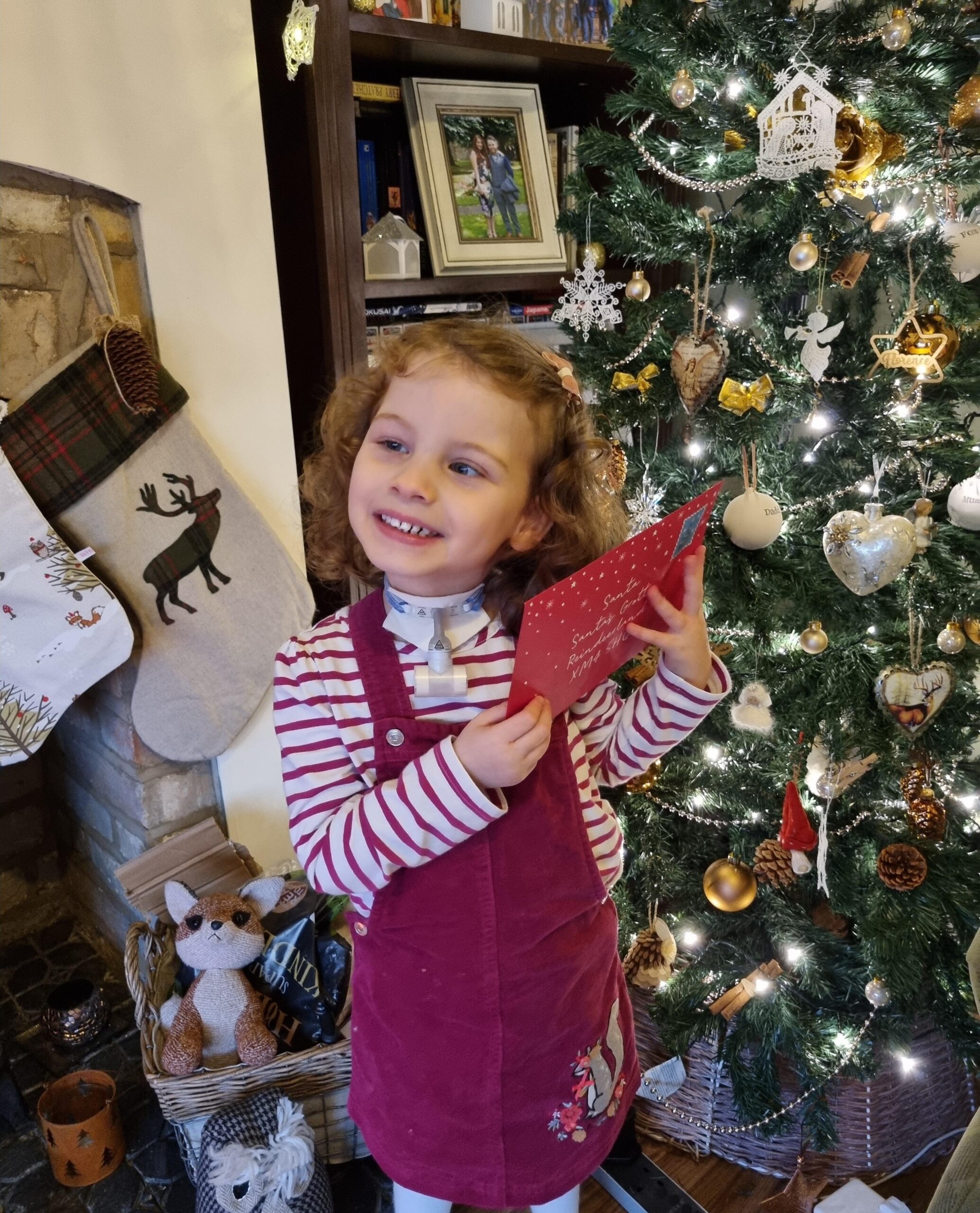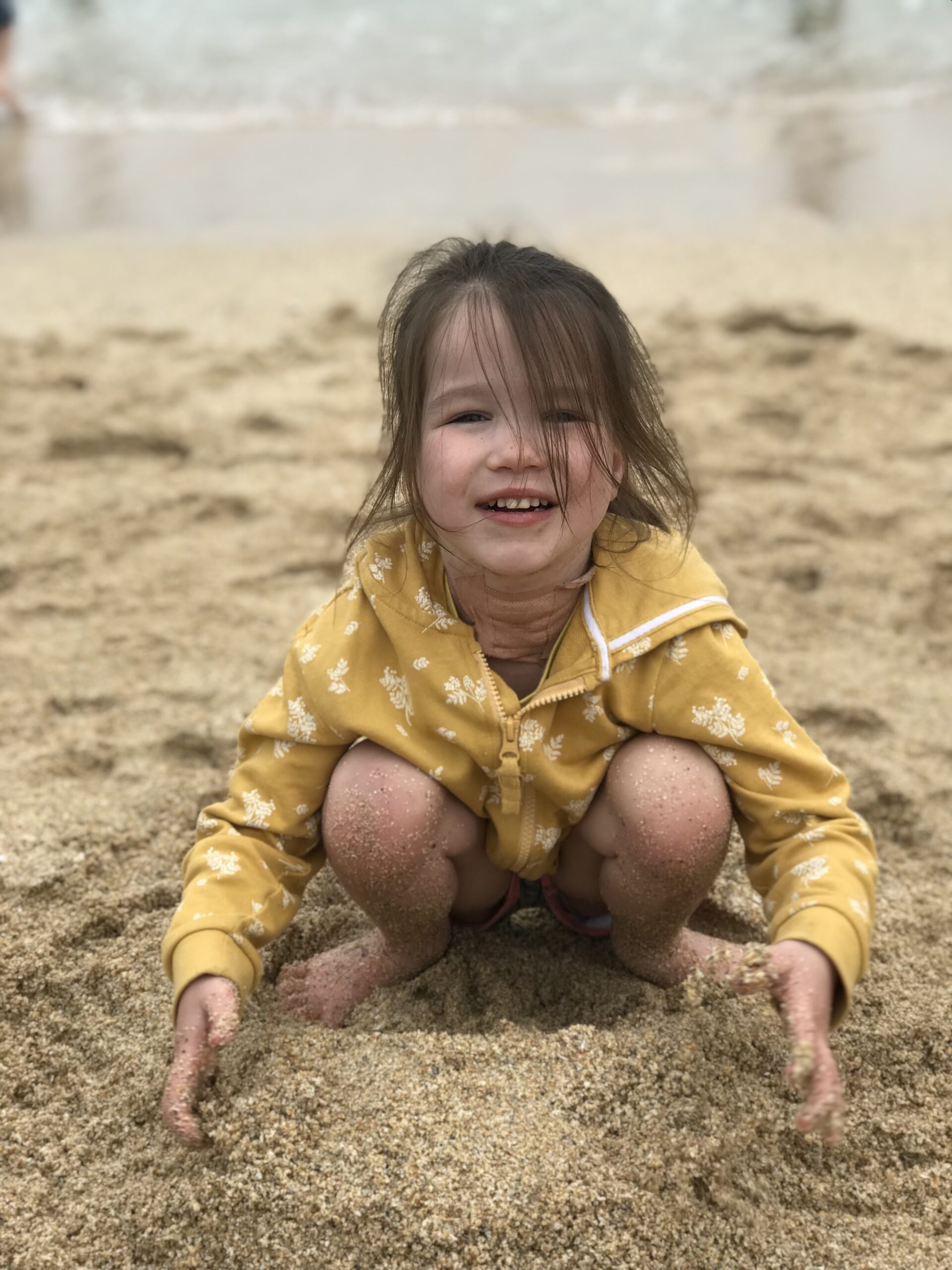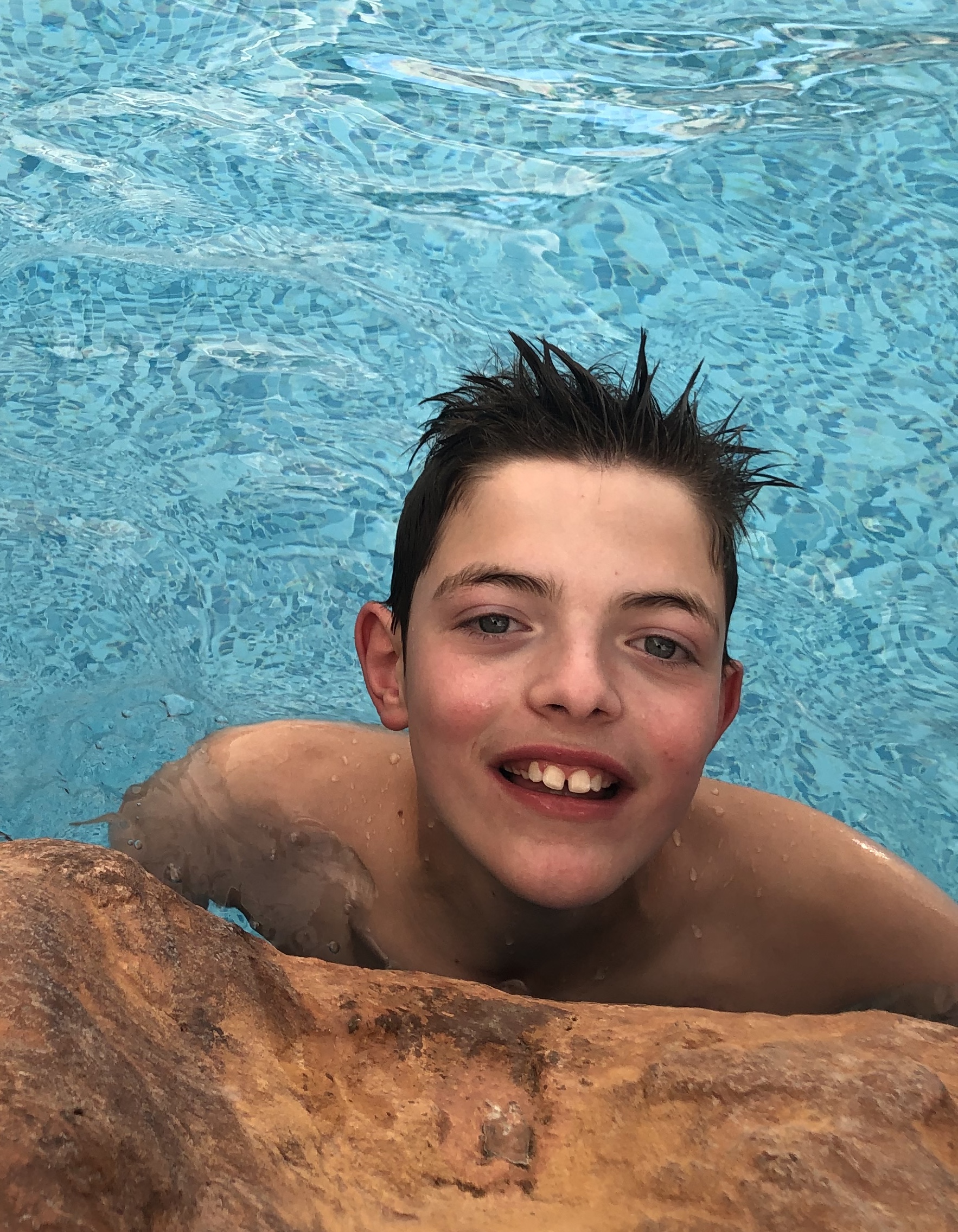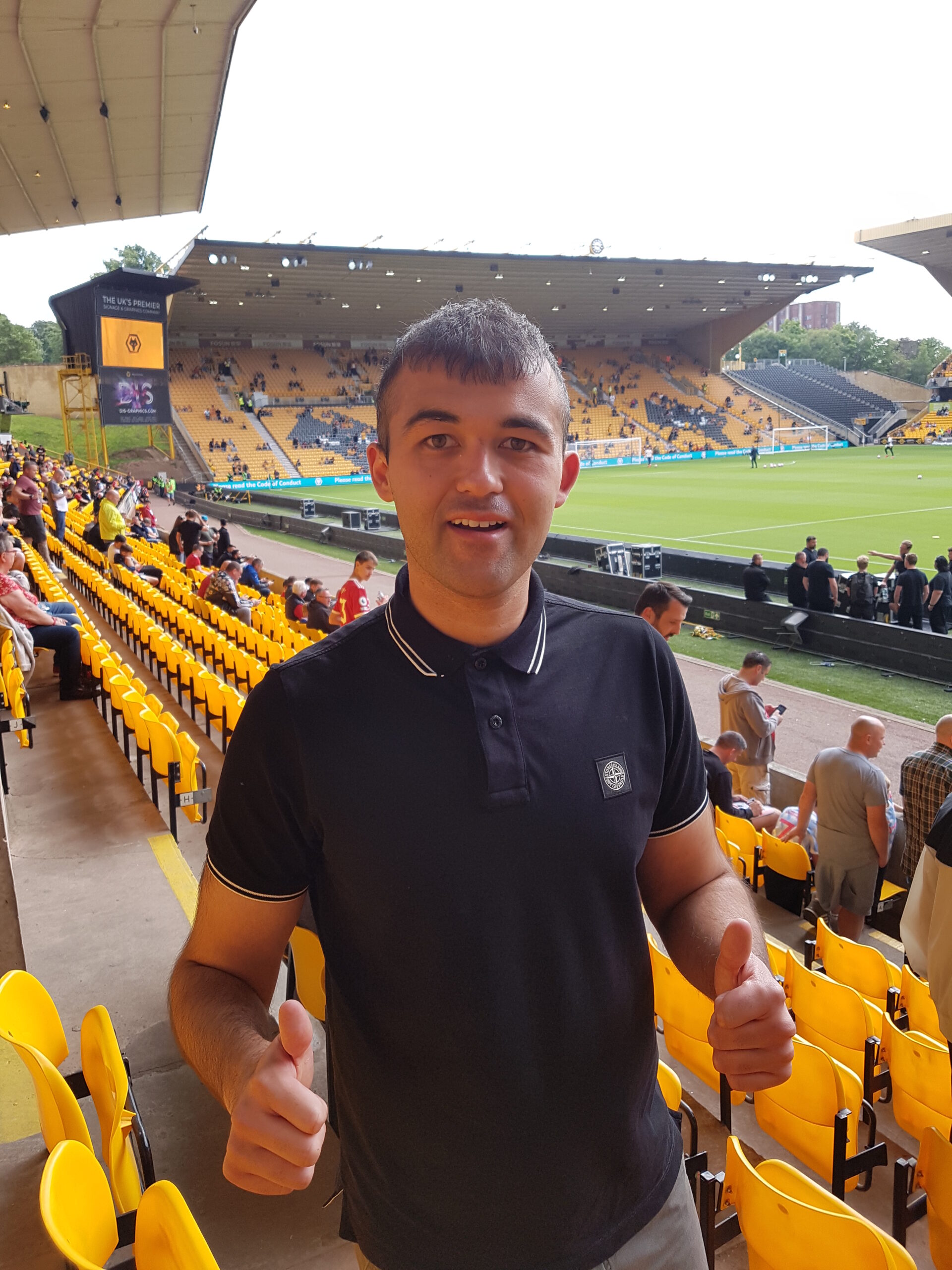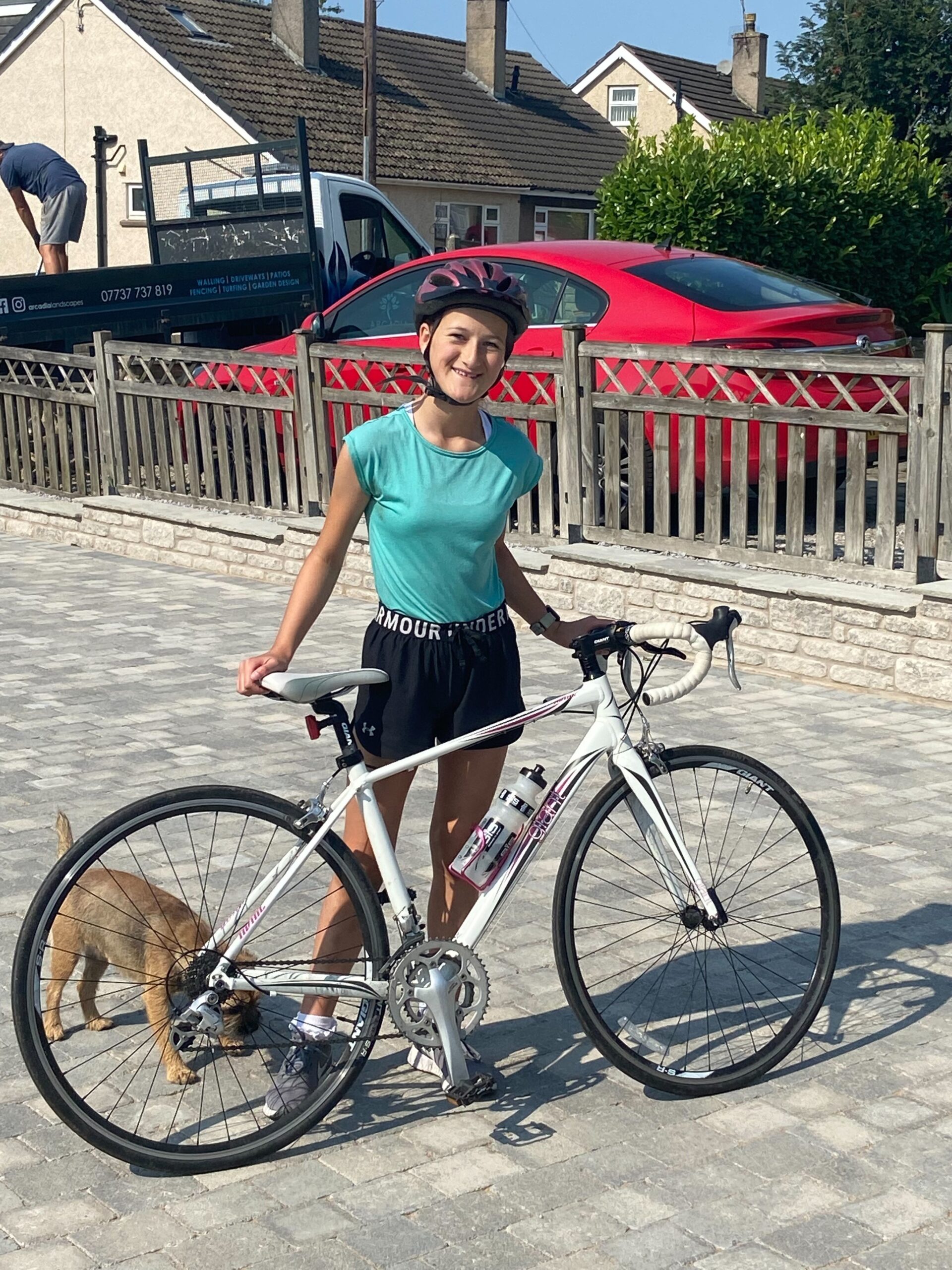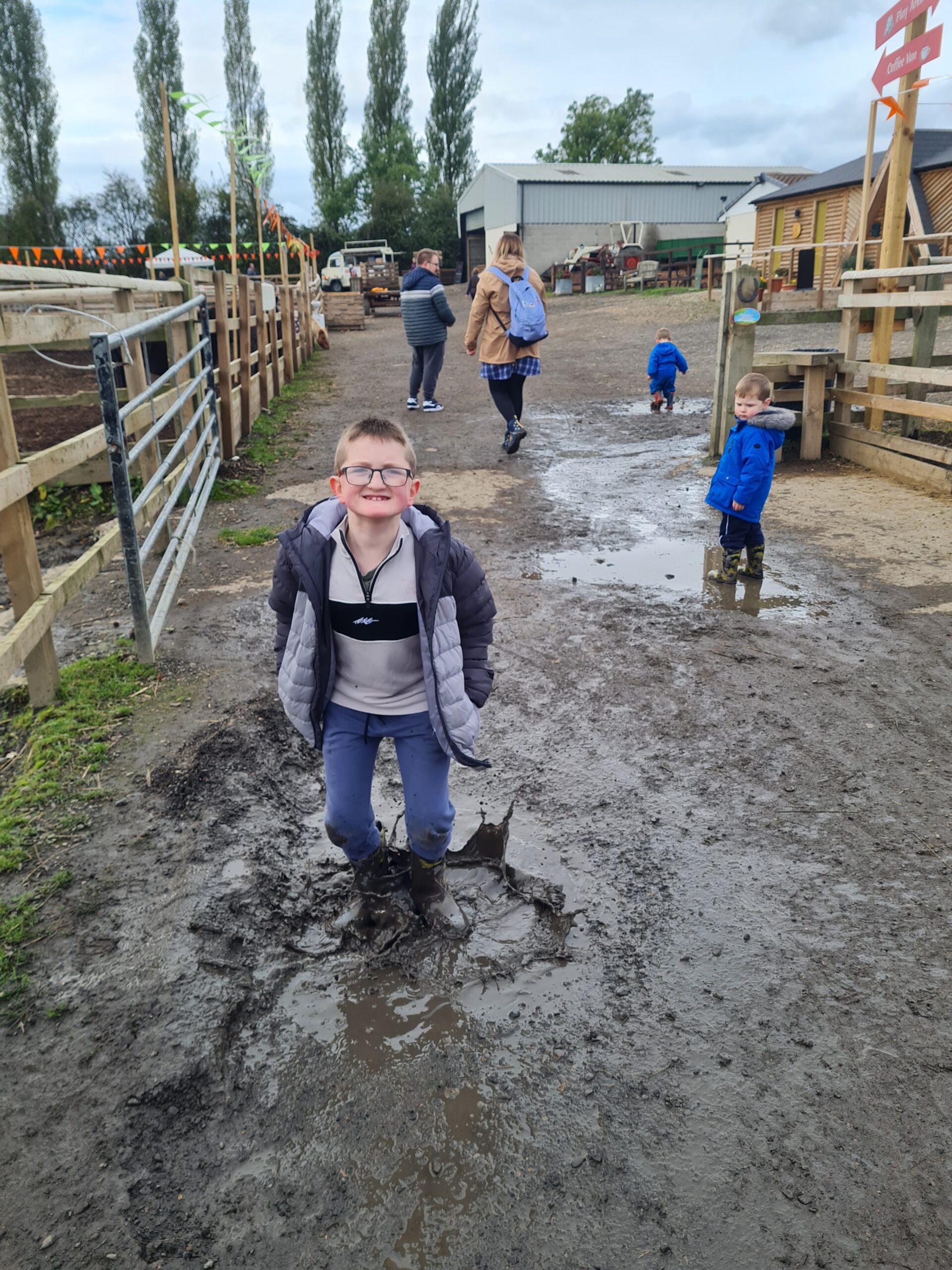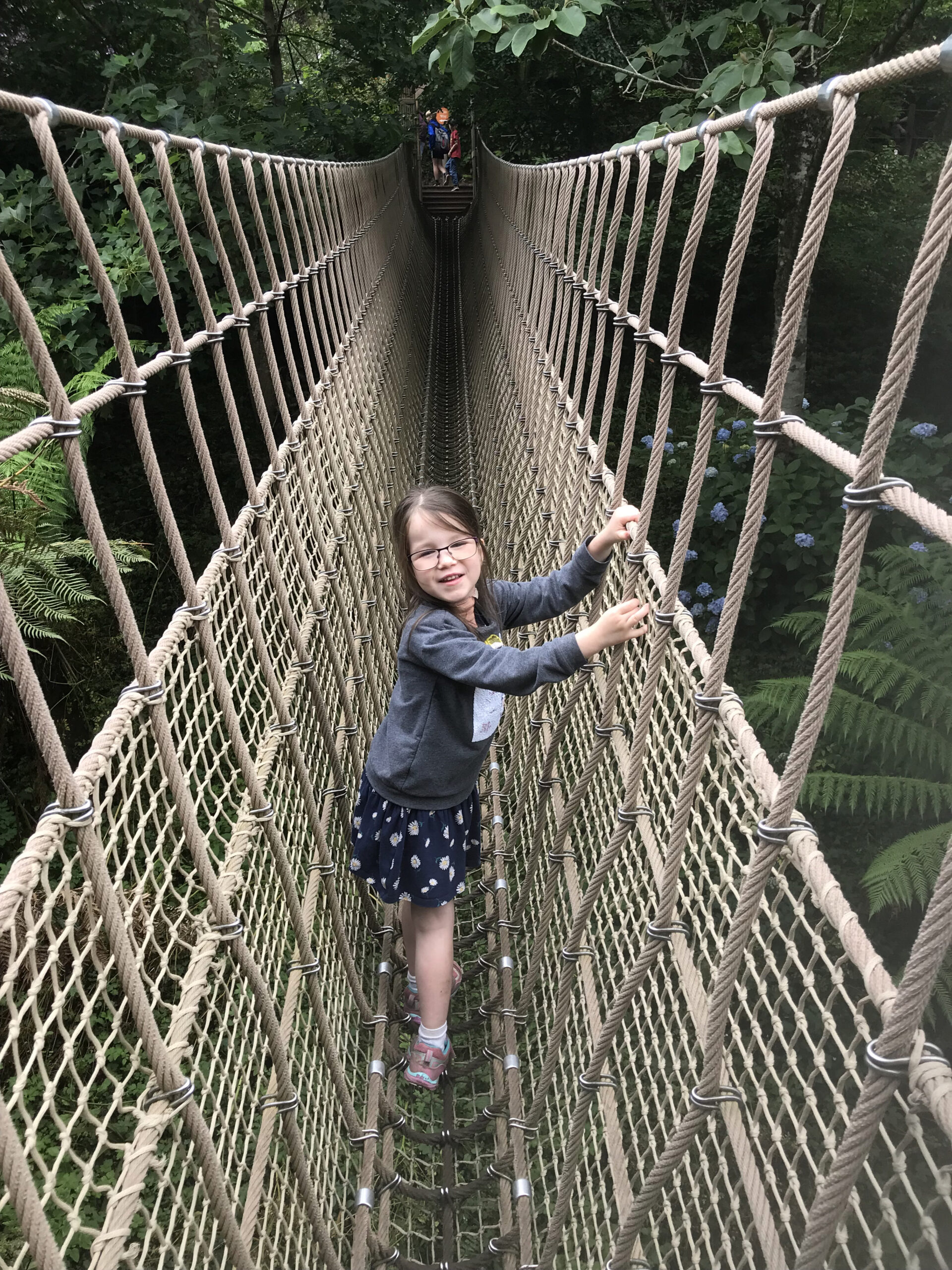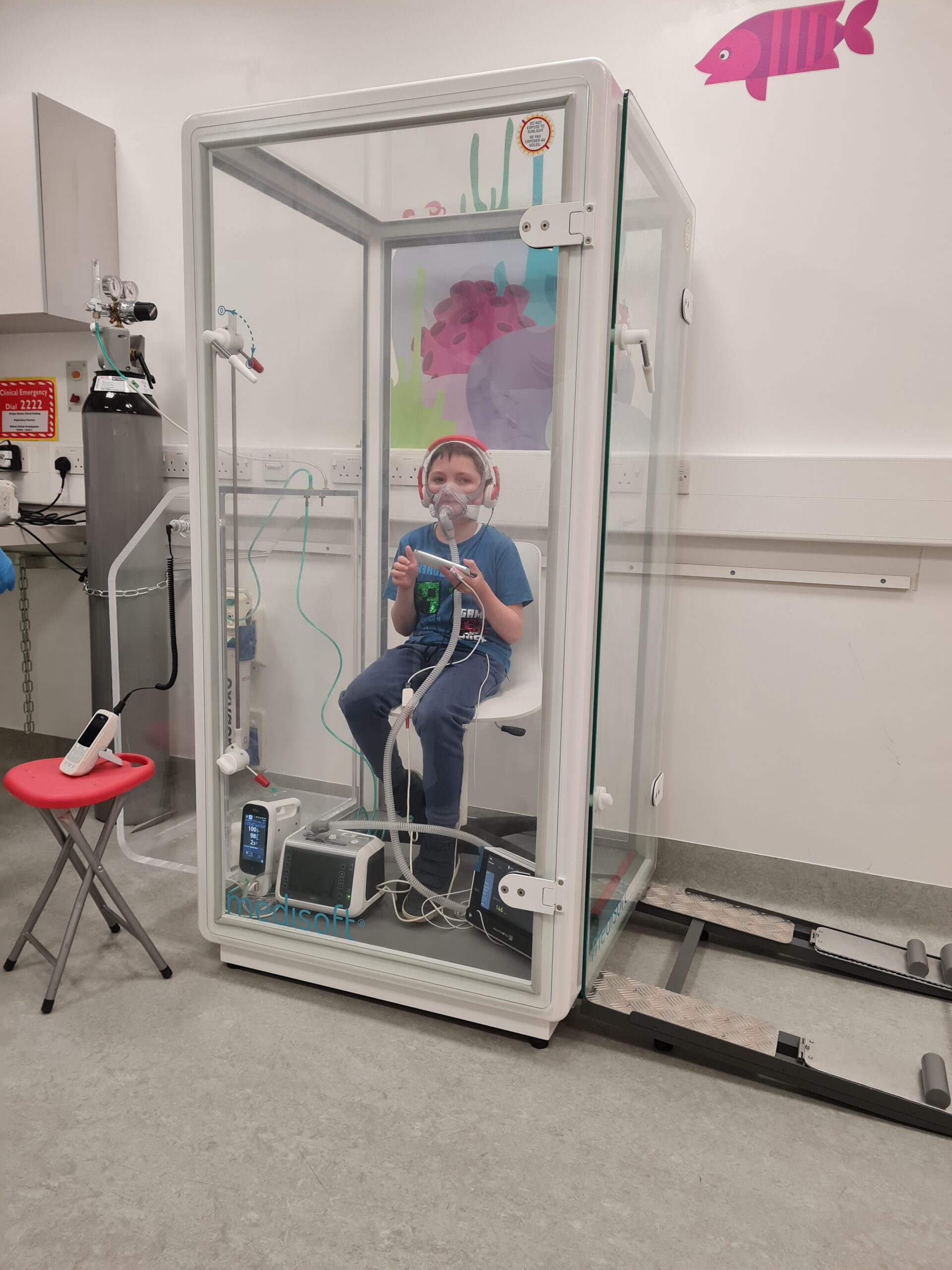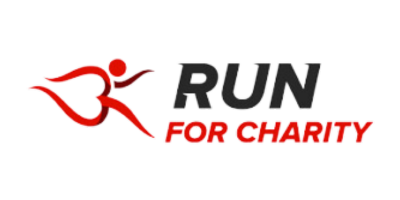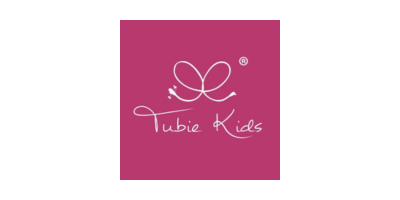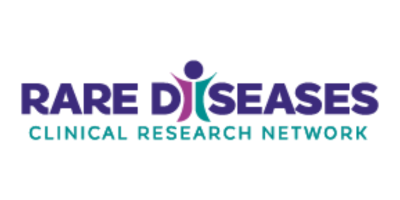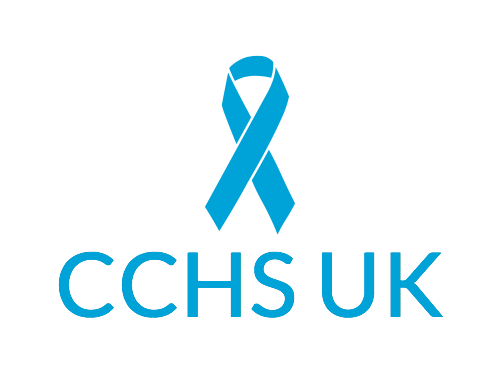When sleep is deadly
Imagine having to have someone watch you sleep to stop you from dying. Not just for one night when you’re unwell, but for the whole of your life. That’s the reality for over 100 people in the UK with the rare condition CCHS.
CCHS is short for Congenital Central Hypoventilation Syndrome. It’s a genetic condition affecting the automatic control of breathing. For most of us breathing happens automatically – however in CCHS, the normal safeguards used by the nervous system to control breathing don’t work.
People with CCHS do not respond to increased carbon dioxide levels that would trigger a healthy person to draw a breath, which means breathing can and does stop. Most CCHS people mainly experience symptoms when asleep, but some can also stop breathing or under-breathe when awake.
CCHS UK Resources
Please click on the links below to explore our research papers, helpful information and guidance
About Us
We support people affected by CCHS throughout the UK by connecting families, providing education and funding research.
There is an amazing community of over 100 families in the UK who will support you and your loved ones on your CCHS journey. Although the condition is incredibly rare – with only 1,200 known cases worldwide – there are babies, toddlers, children, teenagers and adults who have been diagnosed and are living full and rich lives.

